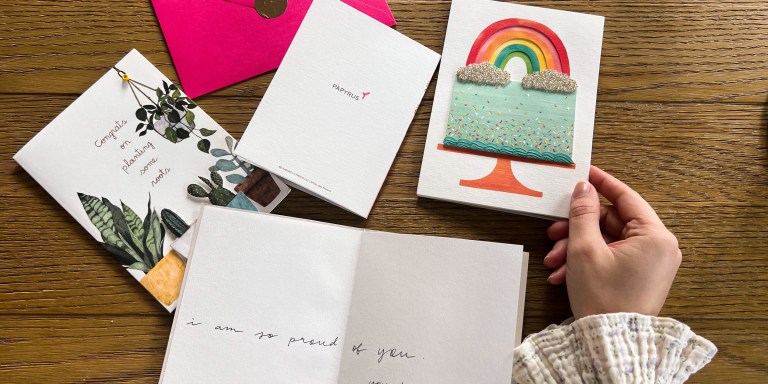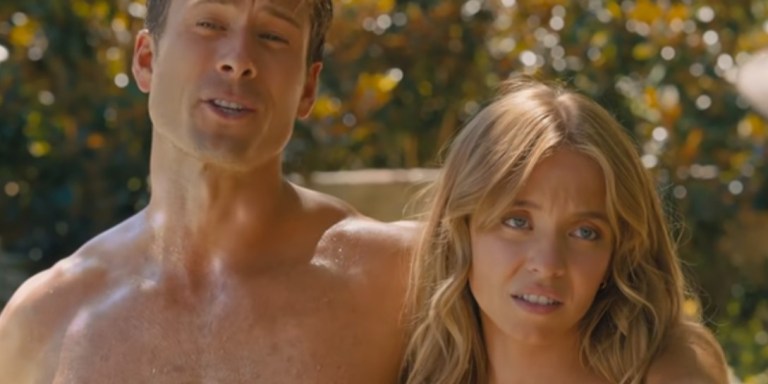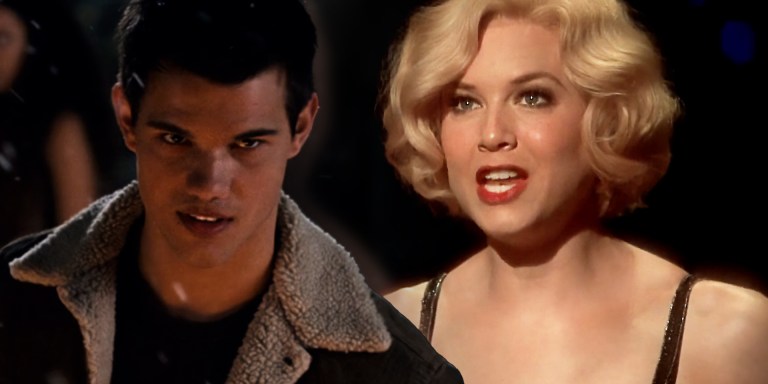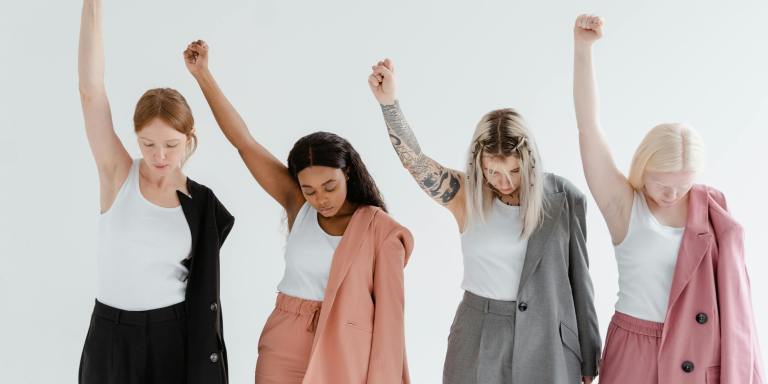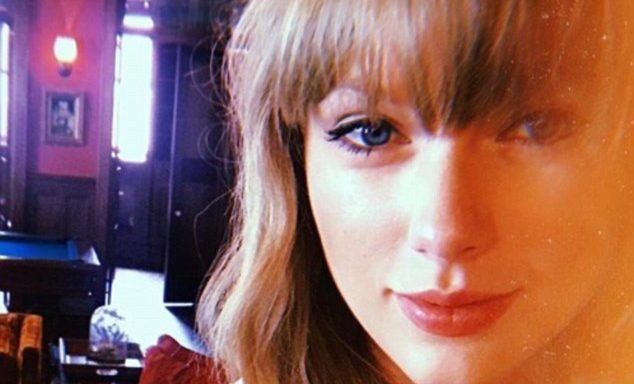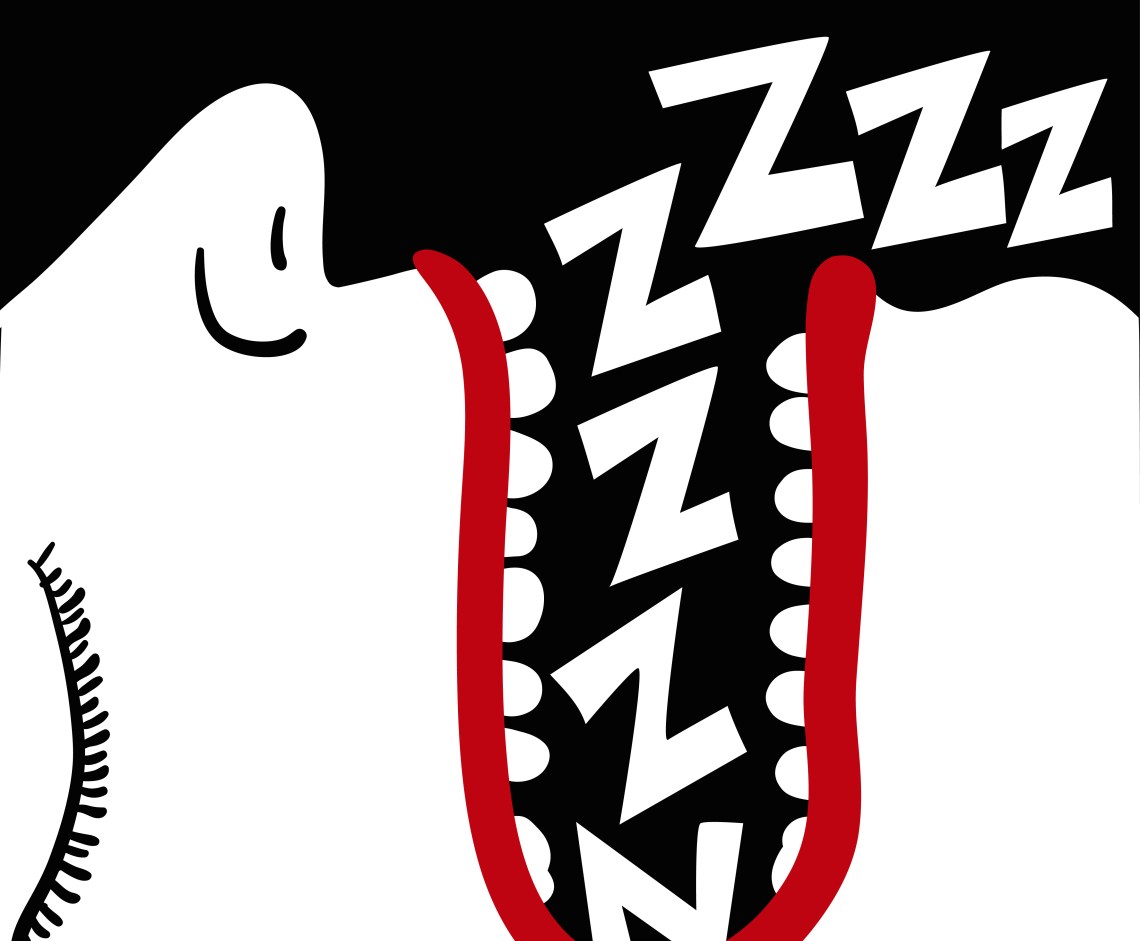
Listen, I did it and I don’t regret it. But then again, I arrived from Missouri with Big Plans to become a CIA agent until my Arabic professor told me that his people don’t have a word for homosexuality because “it doesn’t exist where he’s from.”
My point is: not everyone can hack it. If you’re ready to deal with the awkward discussion with your dad, the giggling recruiter on the other end of the phone, or the vegans, then, please, by all means, disregard everything below. If you’re questioning, unsure, or just curious, keep reading and know that I am jealous of everyone who has job skills.
You probably haven’t really thought it through.
It starts out innocently enough. Sometimes potential Women’s Studies majors just want a change of academic scenery. One day while sitting in freshman chemistry, you might look out the proverbial window and think, “I don’t care about titration. I just want to listen to people talk in vague, theoretical terms about their personal sexual experiences.” In other cases, you might stumble upon the discipline by accident. Yes, Jane Austen is a talented novelist but think long and hard about why you like her writing. If you find yourself confessing, “Maybe it’s not that I’m drawn to the themes of Victorian literature; maybe I just like female protagonists,” then take heed, child. That’s how they get you.
You will become a crazy person.
For a while, all of the fallout happens internally. You might see a scone at a trendy, locally-owned coffee shop and wonder about whether or not the sugar in the scone was harvested primarily by men or women. And that if it was harvested by women, whether or not that should be considered a triumph for gender equality because women should be breadwinners, too, damnit, or that it’s evidence that women are always being exploited? Or if by questioning the importance of the identity of the farmer, you’re just reenforcing society’s obsession with the gender binary.
Your family will avoid talking about you in public.
Your parents are likely to stop bringing you up at cocktail parties or family reunions for fear of having to concede that they pay $40k a year for you to study “White Masculinity in U.S. Popular Culture” and “Beauty, Fashion, and Self-Styling.” Your mom and dad (or mom-and-mom or dad-and-dad!) seek out new hobbies and experiences for the express purpose of keeping their conversational partners engaged about their lives and not yours. And when college does become a topic of conversation, your parents will probably make a fleeting remark about your chronic indecision. “I think he’s tried nearly every major in the course catalog!” This, of course, only works until second semester senior year when your parents decide unilaterally to tell their acquaintances that you’re an American Studies major.
It’s challenging to obtain gainful employment.
It’s this one that you don’t think about until it’s too late. At nineteen, one rarely thinks about the one day when he or she (or ze!) is going to have to make enough money to pay for cat food and premium cable. Since my college’s idea of a career center was to help people get jobs in consulting or abandon them completely, I didn’t have a lot of guidance about how to position myself in the job market. Technically none of my peers – other than the economics and engineering kids – had any skills either. But at least it’s socially acceptable to be an English major.
People will assume you want to talk about feminism.
If you choose to commit to the Women’s Studies degree, you must be prepared for the inevitable change in all of your social interactions. If you’re male, the response to your academic disclosure, from older straight men, for example, will be to make a joke to change the topic: “You go on a lotta dates, then?” Har har har. Someone will try to relate to you by mentioning that class she took that one time where she read Foucault and it was really interesting. Or someone else will try to talk to you about feminism. This usually waffles between the hyperpolitical — “So what do you think about abortion?” — and the weirdly specific — “I think Disney has gone too far with the female heroes. Now they’re just emasculating the male characters.”
You can always change the conversation by bringing up patriotism, religion, or Donald Trump. ![]()
